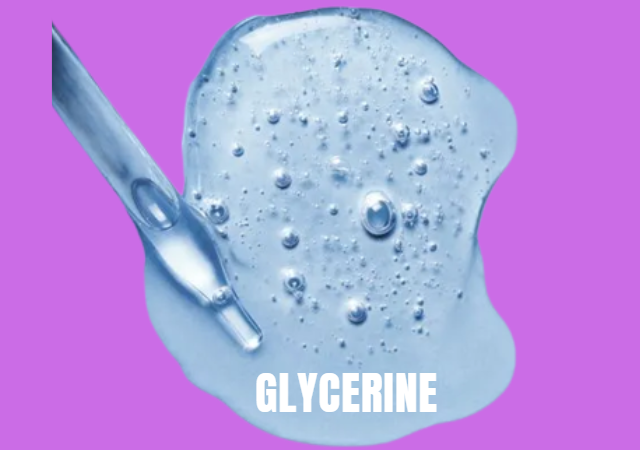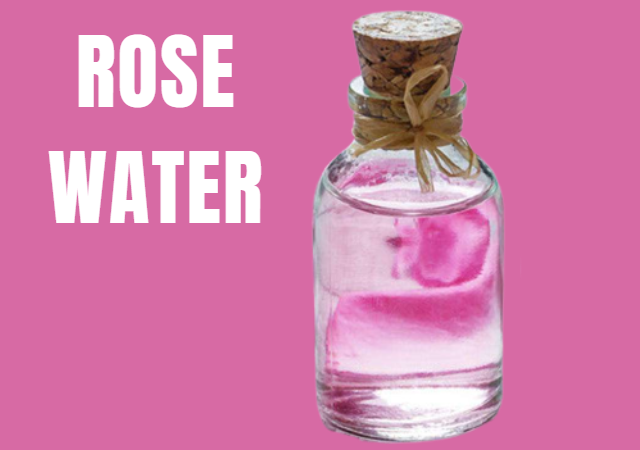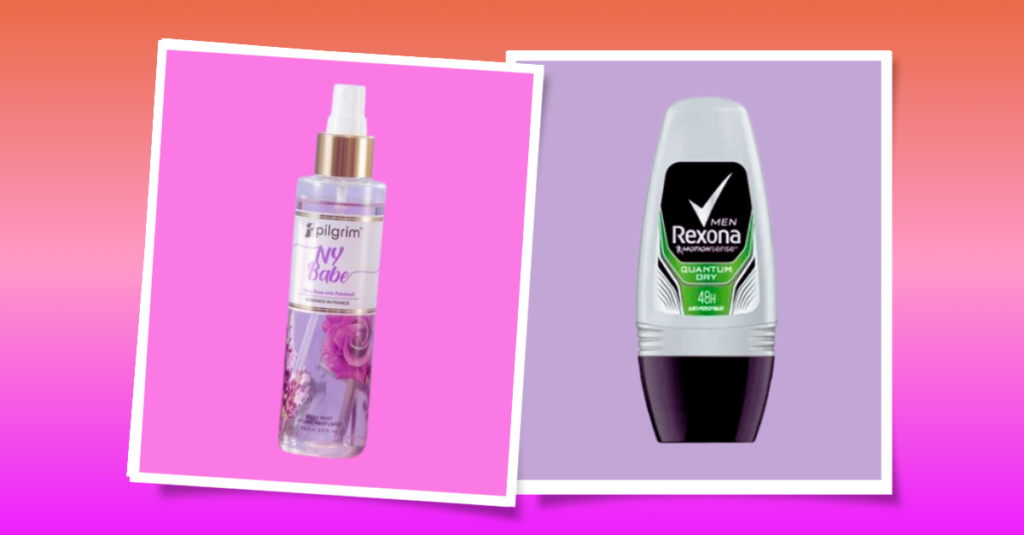Are Glycerine and Rose Water Good for the Skin?
When it comes to skincare, the search for effective and natural ingredients is never-ending. Among the myriad of options available, two popular contenders that have gained significant attention are glycerine and rose water. Both glycerine and rose water have been utilized in skincare routines for centuries, renowned for their potential benefits and soothing properties.
Glycerine, a colorless and odorless liquid derived from natural sources, is well-known for its moisturizing capabilities. It acts as a humectant, attracting and retaining moisture to keep the skin hydrated, supple, and plump. Its non-greasy nature makes it suitable for all skin types, including dry, oily, and sensitive skin.
On the other hand, rose water, a fragrant liquid obtained by steeping rose petals in water, is prized for its rejuvenating and calming effects. It is often used as a natural toner, balancing the skin’s pH level and tightening pores. Rose water’s anti-inflammatory properties can help soothe irritated skin, reduce redness, and promote a more even complexion.
In this article, we will explore the potential benefits of glycerine and rose water for the skin, examining their individual properties, usage, and any possible considerations or limitations.
Glycerine for Skincare

Glycerine, also known as glycerol, is a versatile ingredient widely used in skincare products due to its moisturizing properties. Derived from natural sources such as vegetable oils or animal fats, glycerine is a colorless and odorless liquid that attracts water molecules from the environment and binds them to the skin. This makes it an excellent humectant, helping to keep the skin hydrated and preventing moisture loss.
One of the key advantages of glycerine is its ability to work across different skin types. Whether you have dry, oily, or sensitive skin, glycerine can be beneficial. For individuals with dry skin, glycerine helps to replenish moisture and alleviate dryness, leaving the skin feeling soft and smooth. It forms a protective barrier on the skin’s surface, preventing water loss and maintaining hydration levels.
In contrast, those with oily or acne-prone skin might worry that using glycerine could exacerbate their condition. However, glycerine’s non-greasy nature makes it suitable for oily skin as well. It hydrates without clogging pores, allowing the skin to breathe while still providing the necessary moisture. Furthermore, glycerine’s antimicrobial properties can help inhibit the growth of acne-causing bacteria, potentially reducing breakouts.
When it comes to sensitive skin, glycerine is often a safe option. It is unlikely to cause irritation or allergic reactions due to its mild nature. However, as with any skincare ingredient, it is advisable to patch test before incorporating it into your routine to ensure compatibility.
Using glycerine in skincare routines is relatively straightforward. It can be found in various products such as moisturizers, serums, cleansers, and masks. Alternatively, pure glycerine can be diluted with water and applied directly to the skin. For optimal results, it is recommended to apply glycerine-rich products on damp skin, as this enhances its ability to lock in moisture.
While glycerine is generally well-tolerated, there are a few considerations to keep in mind. In dry environments or during colder months, glycerine can potentially draw moisture from the deeper layers of the skin, leading to dryness. To prevent this, it is advisable to layer glycerine-based products with a heavier moisturizer or to add a few drops of glycerine to your regular moisturizer. Additionally, some individuals may find that pure glycerine has a slightly sticky or tacky texture, but this can be mitigated by proper application and layering with other products.
Rose Water for Skincare

Rose water, derived from the steam distillation of rose petals, has been used in skincare for centuries. Apart from its pleasant aroma, rose water offers a range of potential benefits for the skin. It is often hailed for its rejuvenating and calming effects, making it a popular choice in natural skincare routines.
One of the primary uses of rose water is as a toner. It helps to balance the skin’s pH level, which is essential for maintaining healthy skin. When the skin’s pH is disrupted, issues such as dryness, sensitivity, and acne can arise. Rose water’s natural pH is similar to that of the skin, making it an ideal toner to restore balance. It can also help tighten the pores, reducing their appearance and promoting a smoother complexion.
Furthermore, rose water possesses anti-inflammatory properties, which can be beneficial for those with sensitive or irritated skin. It can help soothe redness, calm irritation, and alleviate discomfort. Rose water can be used as a facial mist throughout the day to refresh the skin and provide relief from environmental stressors.
Rose water can also be incorporated into facial masks or mixed with other skincare products to enhance their effectiveness. It can boost hydration, improve skin tone and texture, and provide a subtle glow. Some individuals even use rose water as a natural makeup remover, as it gently cleanses the skin without stripping away its natural oils.
As with any skincare ingredient, it is important to ensure the quality and purity of the rose water you choose. Look for products that are free from artificial fragrances, preservatives, and additives. Pure, organic rose water is the best option to experience its full benefits.
Conclusion
Glycerine and rose water are two skincare ingredients that have stood the test of time due to their potential benefits and soothing properties. Glycerine’s moisturizing capabilities make it suitable for all skin types, providing hydration without greasiness. Rose water, on the other hand, offers rejuvenating and calming effects, working as a natural toner and anti-inflammatory agent.
When incorporating glycerine or rose water into your skincare routine, it is important to pay attention to the quality of the products and consider individual skin needs and preferences. Patch testing is recommended to ensure compatibility, and adjusting the application technique or combining with other products can maximize their benefits.
Both glycerine and rose water offer valuable contributions to skincare, and their longstanding use and popularity are a testament to their efficacy. By exploring these natural ingredients and understanding their properties, you can make informed decisions and tailor your skincare regimen to achieve healthy, radiant skin.

My name is Rohit Vagh and I’m a content writer specializing in fashion and lifestyle. I have three years of experience in this field and have written various articles. My writing style is creative and engaging, and I strive to create content that resonates with my readers. I have a deep passion for fashion and am constantly researching the latest trends and styles to make sure my readers are up to date. I’m excited to continue my career in blogging, and I’m always looking for new opportunities in the fashion and lifestyle space.





